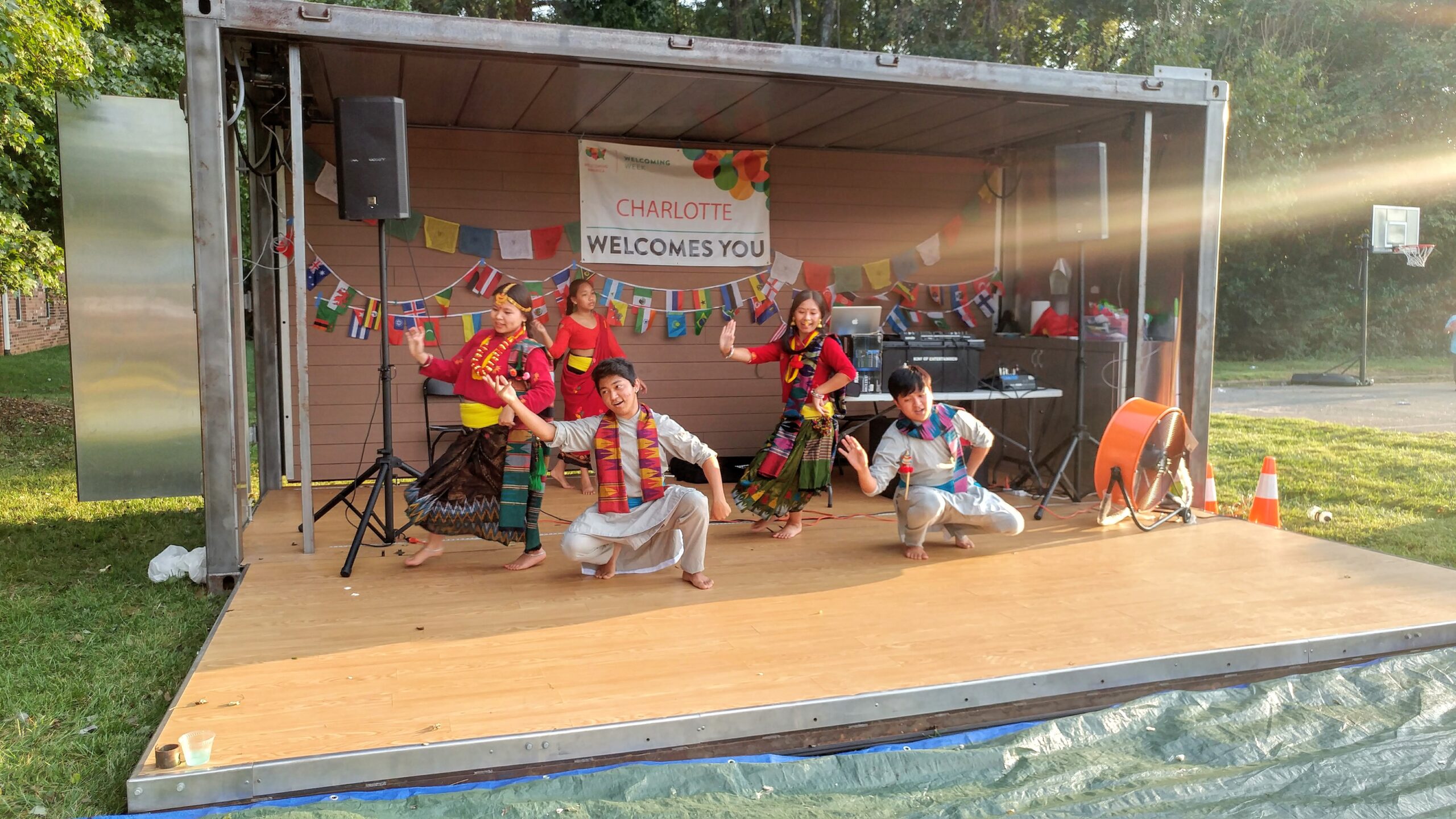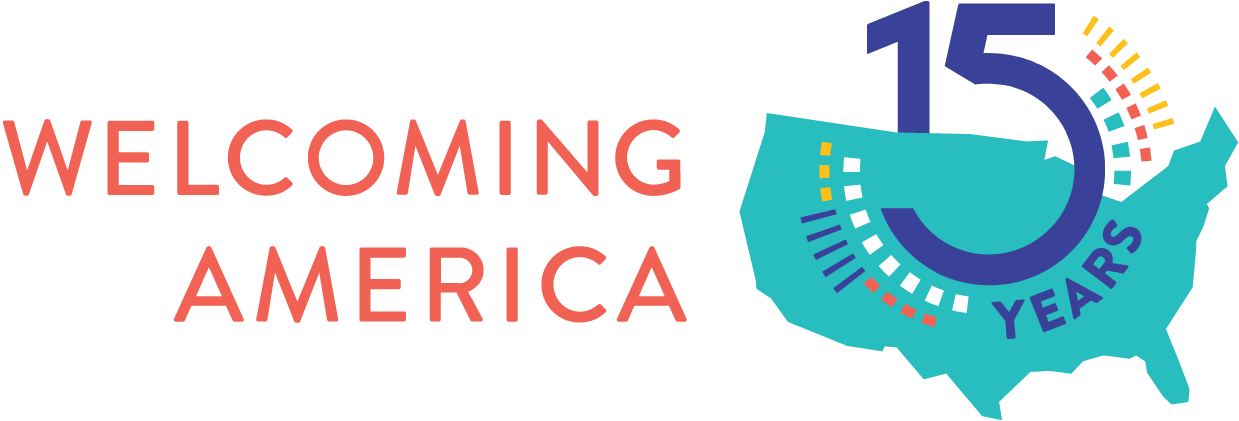
Member Spotlight: How Charlotte, NC makes emergency response more inclusive for all
During the COVID-19 pandemic, we are sharing the stories and experiences of the Welcoming Network in responding to the crisis in their communities as well as the challenges facing immigrant-serving nonprofit organizations. This week, we hear from Emily Yaffe and Federico Rios of the Office of Equity, Mobility and Immigrant Integration of the City of Charlotte in North Carolina.
COVID-19 has disrupted daily life all over the world. How is the City of Charlotte responding to this crisis while continuing to serve the community?
COVID-19 has exposed some large gaps in our approach to addressing persistent, systemic issues, but has also served as a showcase for how nimbly we can adjust in fast changing times.
Although City of Charlotte offices closed to the public the second week of March, we as the city’s government have worked to ensure that we stay connected with residents. Retaining some measure of community engagement during this crisis is a significant concern. Our office has worked with city departments to plan creative ways to stay in touch, especially with hard-to-reach communities.
Through our leadership development and community organization support program, Jump Start, we moved trainings online and shifted funding to address the need for organizations to scale up their technology in order to address community challenges. In addition, many advisory boards are continuing to meet and have seen an increase in the participation of community and elected officials.
This heightened participation allows for greater community engagement in a way that was previously inaccessible for many, including the provision of translation and interpretation services. These are vitally needed at this moment and allow for greater and more equitable access.
What have been some of the challenges and opportunities that you’ve faced since the onset of COVID-19? How prepared were you to handle emergency response and crises, particularly in assessing the impact on both immigrants and the broader community?
From the onset of COVID-19, we were reminded that we can never assume that the question “who is being left out?” is being asked. The joint emergency management operations team of the City of Charlotte and Mecklenburg County were quick to send out messages in English on how to slow the spread of COVID-19. However, there was a lag in making those same messages available in other languages. This crisis heightened the need for our local governments to ensure equitable access to all residents, including immigrants and refugees.
We have also taken this opportunity to work with trusted community partners in crisis response. Our local partners have been thought leaders in responding to this crisis and our deepened relationship is beneficial both to the communities represented by the groups and our city government in a myriad of ways.
Social, or physical, distancing may have long-term effects in all communities. As a Welcoming America member, we know you’re striving to build a community of neighbors across all lines of difference. What are some of the ways you’re doing this? What are your plans to mitigate or overcome the effects of distancing once the crisis ends?
Our advisory board, the Charlotte International Cabinet, is holding conversations throughout this crisis by lifting the needs and concerns of the immigrant and refugee community. These conversations, although virtual, have been a great way to connect.
The City’s community engagement division has been sending out newsletters with advice on how to support your neighbor in a safe way, providing translated materials to improve information sharing with neighbors who have limited English skills.
What the end of this crisis looks like changes from day to day, but after it is over, I want to celebrate the resiliency of our community, give a shout out to their incredible work, and illuminate diverse leaders who have gone above and beyond to serve their communities.
What are some key learning points the City of Charlotte has from responding to COVID-19 so far? What can Welcoming America members all over the U.S. and world do to be more resilient and strengthen trust in communities during crises?
Emergency management needs a person dedicated to focus on equity and inclusion, and this could be added to the Welcoming Standard. This crisis has shown how essential this is and that many of us are lacking in planning in this way.
I also feel like the importance of storytelling has increased, especially ones supporting community members by telling their stories of resilience.

